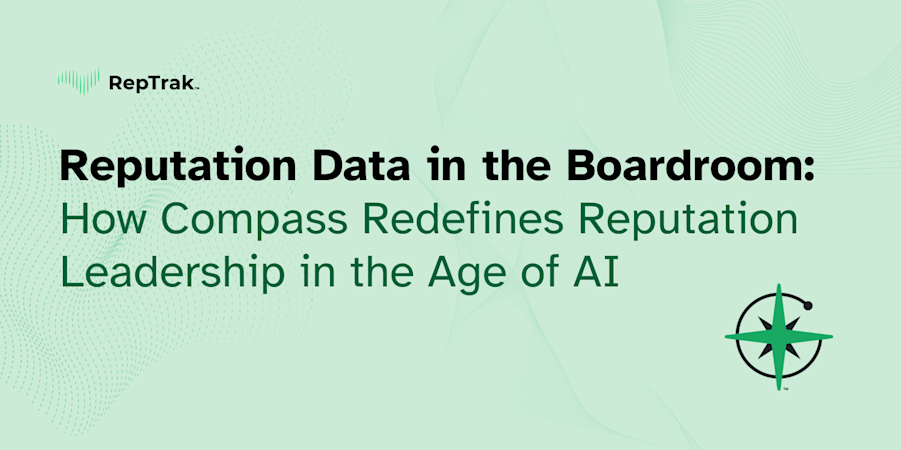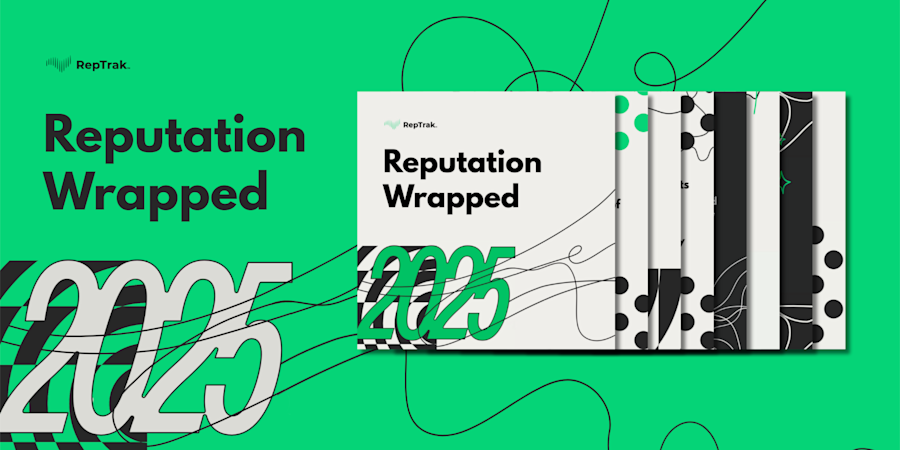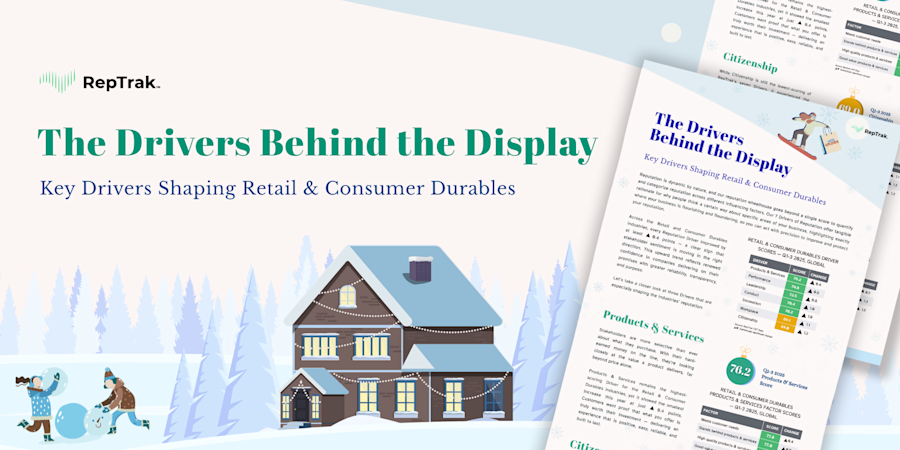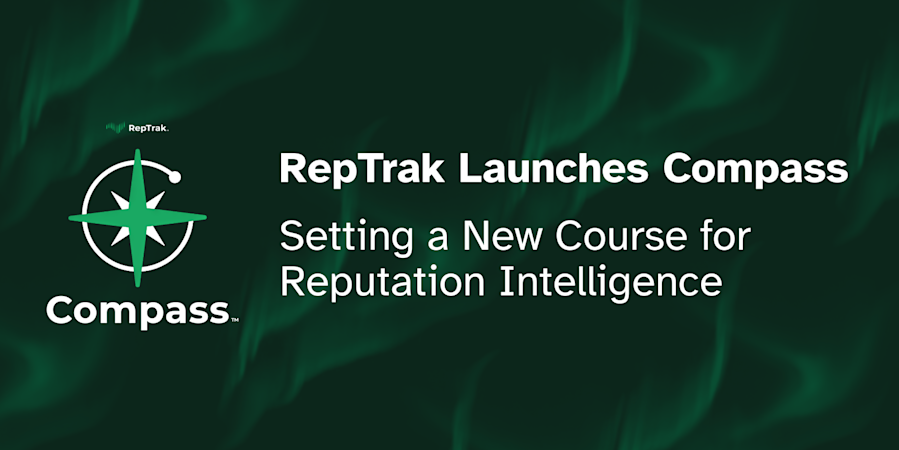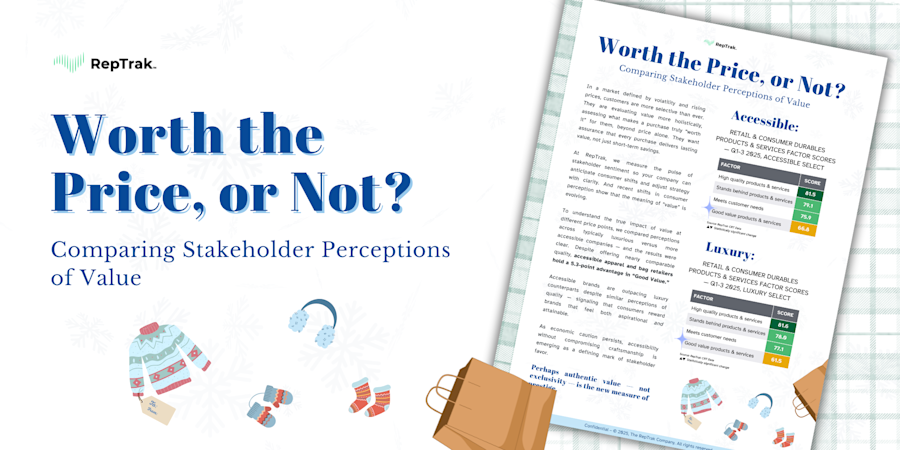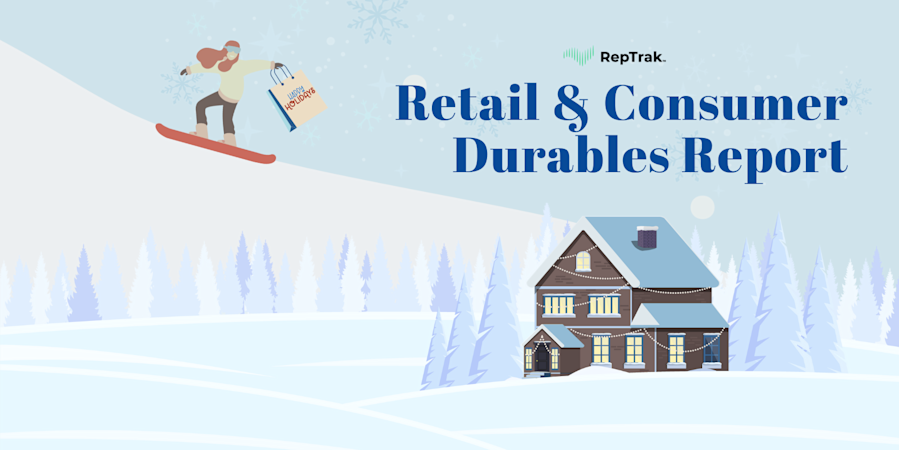Transparency and Ethics Presents Opportunity to Show Authenticity
Blog Post10 Nov, 2021
Big Idea
Companies strategically change names to stay relevant or shed controversy. Facebook Inc.'s new name, Meta, is designed to transform the company from a single platform into a digital "metaverse." This move comes as the company battles recent criticisms over allegedly putting profits over user safety, among other issues. Though company rebranding might solve short term pain-points, organizations risk alienating stakeholders through inauthentic positioning or mixed messaging. Beyond a name change, companies must connect action to vision to see reputation benefits.
RepTrak Perspective
In situations like this, where holistic transformations are underway, companies can reinforce a license to operate from stakeholders by pursuing Governance initiatives. Currently, across all companies, there is a disconnect between the three Governance Factors and public perception: "Open and transparent," "Behaves ethically," and "Is fair in the way it does business" are in the top 10 most significant Factors. However, these global scores remain average (<70).
Reputation Context
Why is this important?
Companies cannot afford to neglect Governance. Globally, it continues to be the second most influential Driver. In Q3 2021, less than half of companies measured (43%) have a strong (70+) Governance score. Of this cohort, only 60% have strong scores for the Factor "Open and transparent about how the company operates." Here, companies are missing an opportunity to reinforce their public narratives with action rather than superficial changes.
What is the reputation risk?
Companies undergoing transformation must have a genuine and intentional voice alongside Governance initiatives or risk losing an emotional connection with their stakeholders. High-performing companies score highest across the Brand Expressiveness measures "Delivers a consistent experience," "Stands out from the crowd," and "Appears genuine for what it stands for," according to RepTrak's 2020 data set. Maintaining an authentic brand and identity is critical to maximizing positive stakeholder perceptions.
How has changing business strategies affected other companies' reputations?
In 2012, Kraft Foods spun off its global snacking unit and solely identified as a North American grocery business, raising stakeholder skepticism. Today, the company succeeds with high global awareness (82.6% familiarity) and concurrently experiences an above-average Reputation Score (77.0) and Governance Driver Score (73.2) in Q3 2021.
In 2017, Acqua Minerale San Benedetto's investment in sustainability projects wasn't resulting in high reputation results. By setting goals to interpret sustainability achievements to consumers through relevant marketing campaigns, the Governance Driver Score increased 3-points. The Reputation Score increased 6-points from H1 2019 to H2 2020.
Convo Starters
Where might your company be at risk for consumers skepticism, and how can your company increase transparency to address concerns?
How can your company evolve Governance initiatives to increase its license to operate?
How does your company pursue "authentic conversation" to stay relevant among stakeholders?

